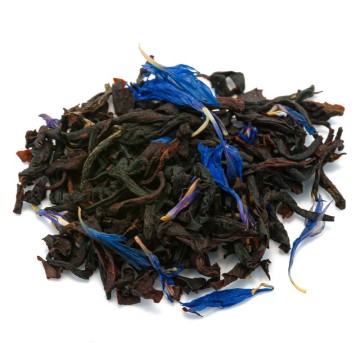A fine African black tea, which comes from Rwanda, carefully cultivated at an altitude between 1500 and 2000 meters. Rukeri tea is recognizable by the deeply dark appearance of the whole and fine Orange Pekoe leaves. It gives a strong, robust and full-bodied flavor in the cup, with a pleasant fruity aftertaste and slightly malty and vegetal notes. Its intense aromatic bouquet includes citrus and floral notes - a scented black tea, much appreciated by lovers of classic and Indian tea. When to drink Rwanda tea? The full-bodied presence of Rukeri tea gives a copper-colored infusion, perfect for breakfast pure or with a drop of milk, during the day. The slightly earthy taste and soft malty nuances, make this Rwanda tea also suitable for pairing with savoury foods. In the hot season it becomes delicious as an iced tea combined with fruit or spices.
Let's delve into the properties and benefits of black tea
Tea antioxidants are among the compounds best known for providing benefits to our body. They work to counteract harmful free radicals and reduce the damage to cells that they can cause, also in an anti-aging function. Polyphenols are a specific type of antioxidant present in black tea, known as catechins, theaflavins and thearubigins. The polyphenols present in black tea can also play a beneficial role in maintaining intestinal well-being, supporting the growth of good bacteria and normal intestinal function. Rukeri tea from Rwanda, like all black teas, contains caffeine, a natural compound that stimulates the nervous system providing a tonic effect against physical and mental fatigue. It helps maintain attention and concentration, promotes alertness and stimulates. Furthermore, caffeine stimulates our metabolism, promoting body weight balance together with polyphenols, useful for burning fat during physical activity. Black tea also has a diuretic effect useful for draining excess body fluids, promoting purification and counteracting water retention.
As for nutritional values, as we mentioned, this black tea has antioxidant compounds such as polyphenols and flavonoids. It makes available some B vitamins, minerals (fluoride, calcium, zinc, magnesium and potassium), tannins and the amino acid L-theanine (rare molecule). It contains alkaloids that include caffeine (theine) and theophylline.
How to buy Rwanda black tea in our online store
Our e-shop Natura d'Oriente in its online sale of black tea, allows you to obtain excellent varieties in loose leaves, including Pekoe Rukeri black tea. We select this Rwandan African tea for its high quality and make it available in 25g, 50g, 100g, 150g, 300g packs, which guarantee optimal conservation and a convenient cost.
How to prepare Rukeri black tea
Fill the tea filter with 3-5 grams of Rwandan black tea leaves, for each cup (250 ml). The temperature of the water to be poured will be between 90 °C and 95 °C. To allow the tea to release its aromas, leave to infuse for 3 to 5 minutes.
Where does Rukeri black tea come from
It is produced in the mountains located in the northwest of Rwanda, at an altitude of between 1500 and 2000 meters in the district of Kinihira (Rulindo). A place dotted with tea gardens and hills, between the Great Lakes region in Africa and the nature reserves of Rwanda. This Rwandan African black tea comes in particular from the Rukeri Tea Estate at high altitude. They are located in a mountainous area with a humid and temperate climate, a sunny environment with fertile soil - the best conditions for growing tea.
Tea has been grown in Rwanda since the 1970s, traditionally consumed with milk and sugar. After the war, today the tea plantations have started to flourish again. Tea in Rwanda is among the most famous African teas together with those of Kenya, Cameroon, Burundi, South Africa and Tanzania. They give their teas with typical characteristics of the Assami tea cultivars, strong and aromatic.
What does Pekoe black tea mean? The word is part of an acronym, found in the tea classification, which describes the quality of the harvest in a particular garden (for example in Rukeri). The acronyms can indicate the fine harvests of the first buds and leaves, or the late harvests, those without buds and so on. The word Pekoe, in particular, defines a tea with short leaves and less fine than those that make up the Orange Pekoe. They are appreciated for being teas with a high yield, strong in the infusion. The origin of the Chinese word Pak-ho means "hair of the newborn" and in tea it becomes a symbol of the white fluff that covers the shoots of the plant.
Pekoe Rukeri black tea: possible contraindications
Drink a quantity mA moderate amount of black tea (about 1-2 cups per day) is generally safe for most people. However, excessive consumption of black tea can lead to side effects related to its caffeine content. Possible side effects of black tea, if consumed in large amounts, may include agitation, difficulty sleeping, headache, excessive urination, irregular heartbeat, nausea, vomiting, tremors, and increased blood pressure.

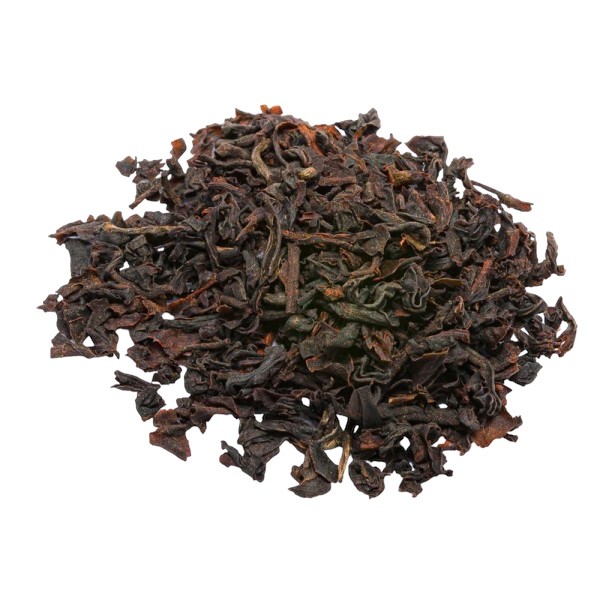









 No reward points for this product.
No reward points for this product.
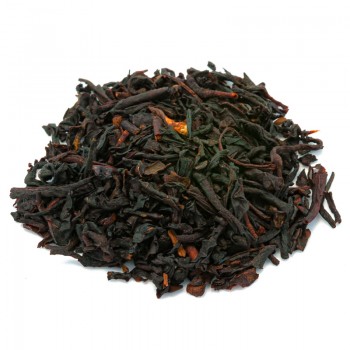
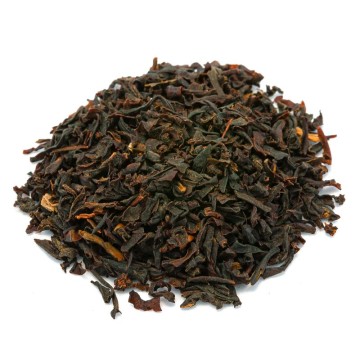
![black tea Irish Rum [Natura d'Oriente]](https://www.naturadoriente.com/3388-home_default/black-tea-irish-rum-.jpg)
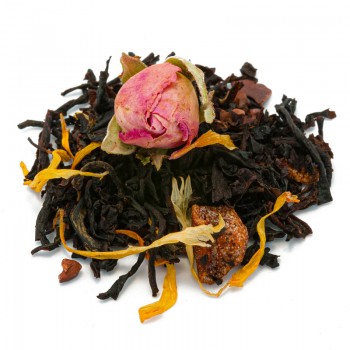
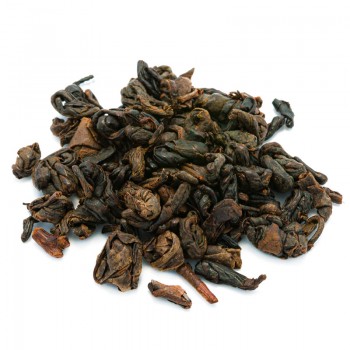
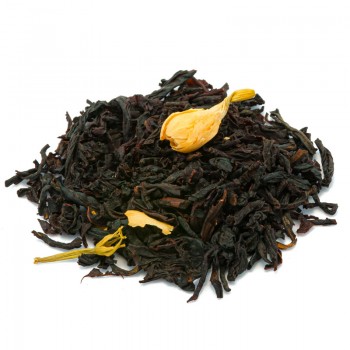
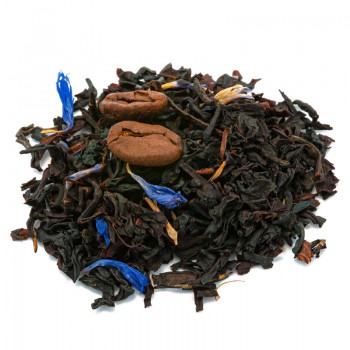
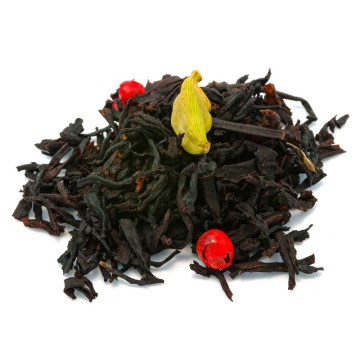
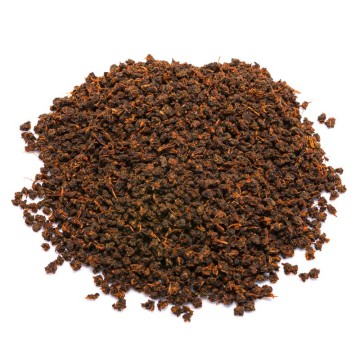
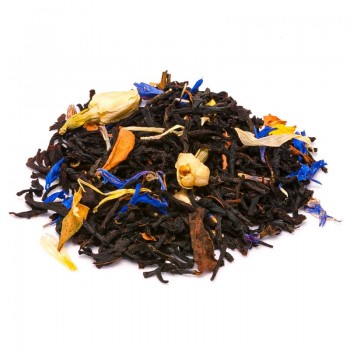
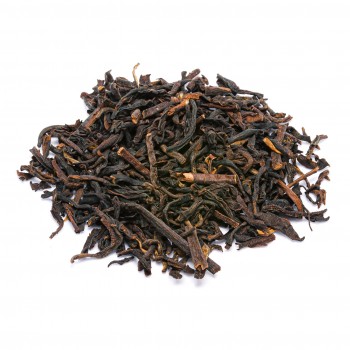
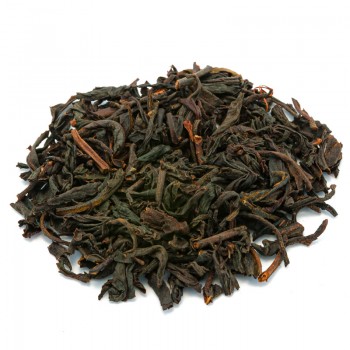
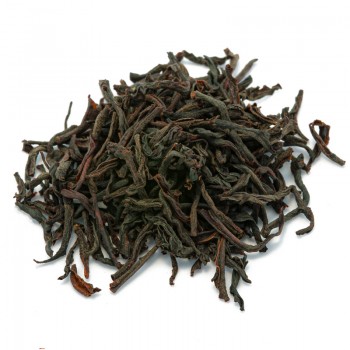
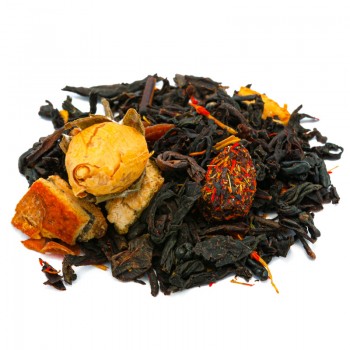
![Black tea Kaproret GFOP [Natura d'Oriente]](https://www.naturadoriente.com/3387-home_default/kaproret-black-tea-gfop.jpg)
